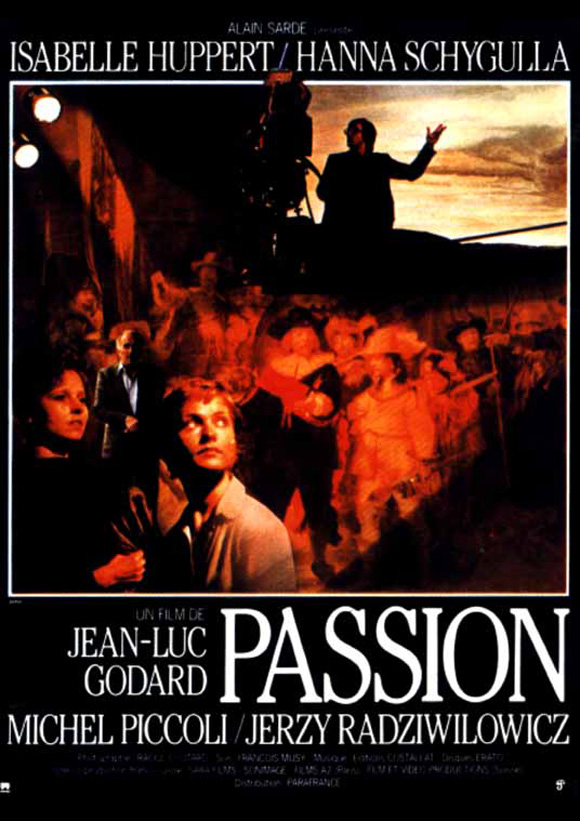Rounding up my favourite films of 2023 with one of my favourites that I haven’t already written about, which only got a preview screening here in Melbourne towards the end of the year (and is due back in cinemas for a full run sometime in the new year I believe). Perhaps I have overrated it in the excitement of seeing a preview, perhaps it is a bit more middlebrow and less challenging than Lanthimos’s previous works, as I’ve seen some critics argue. Clearly it has its adherents and its detractors, like Past Lives. But in that cinema, that first time I saw it, it seemed pretty exciting. I shall have to return for a more sober appreciation next year.
I mean, if you’ve seen The Favourite or The Lobster or any of Yorgos Lanthimos’s films (or the works written by Tony McNamara, including the TV show The Great), you sort of know what general tone you’re going to get, and that can be summed up as “weird”. In the sense that this film is boldly-coloured, luridly non-naturalistic, glamorous and disgusting in almost equal measures, it is no surprise perhaps but the way it’s pulled off feels really sensuously done. It is also somewhat at odds with a lot of the content: there’s quite a bit of sex in this, which feels perfunctory at times, though often funny. Comedy suffuses this film, though it’s not precisely that either. I suppose it’s a Bildungsroman about the growing consciousness of a young woman, who as the film opens is mysteriously throwing herself off London’s Tower Bridge, but after she is resurrected by Willem Dafoe’s mad Scottish scientist figure with the transplanted brain of her unborn infant (Ramy Youssef plays the scientist’s assistant, and his literal ‘WTF’ moment when learning this is also beautifully delivered), she starts to discover the perils and beauties of living.
Emma Stone is going to win awards (I certainly hope she does, if this is not all too weird for most voting juries), and justifiably so, for what is a brilliant and very physical performance (there’s a dance scene that is filled with such joy in movement that it could be an acting workshop). However, the true star, for some physicality but also just for his line deliveries, is Mark Ruffalo, something I wouldn’t necessarily have said of any of his recent film work. There is of course a serious point about the way women are treated by men through history (this has a sort of fin de siècle setting, or just before, which perhaps justifies one piece of dialogue early on, though it’s still an uncomfortable laugh now), but also digs into the moral judgements on sex work and women’s pleasure, amongst other topics, as Bella continues to educate herself throughout the film. But despite the running time, you’re rarely far from a moment of true wonder and delight, or a big laugh, at any point in this film. Perhaps I’m dazzled now; I’ll watch it again, but this is fantastic in every sense.
CREDITS
Director Yorgos Lanthimos Γιώργος Λάνθιμος; Writer Tony McNamara (based on the novel Poor Things: Episodes from the Early Life of Archibald McCandless M.D., Scottish Public Health Officer by Alasdair Gray); Cinematographer Robbie Ryan; Starring Emma Stone, Mark Ruffalo, Willem Dafoe, Ramy Youssef رامي يوسف, Hanna Schygulla; Length 141 minutes. Seen at Cinema Nova, Melbourne, Saturday 9 December 2023. 








